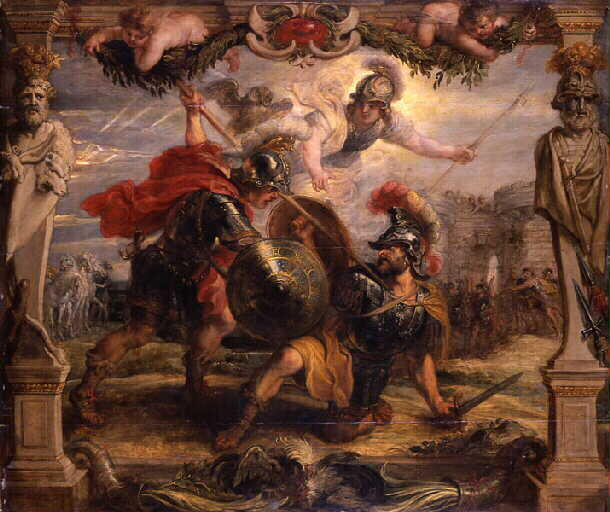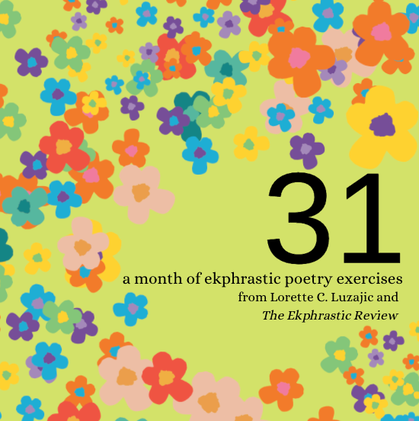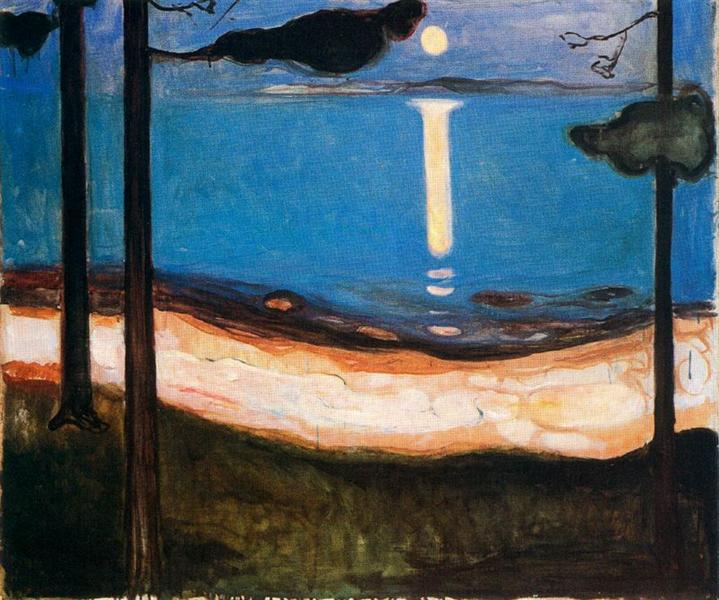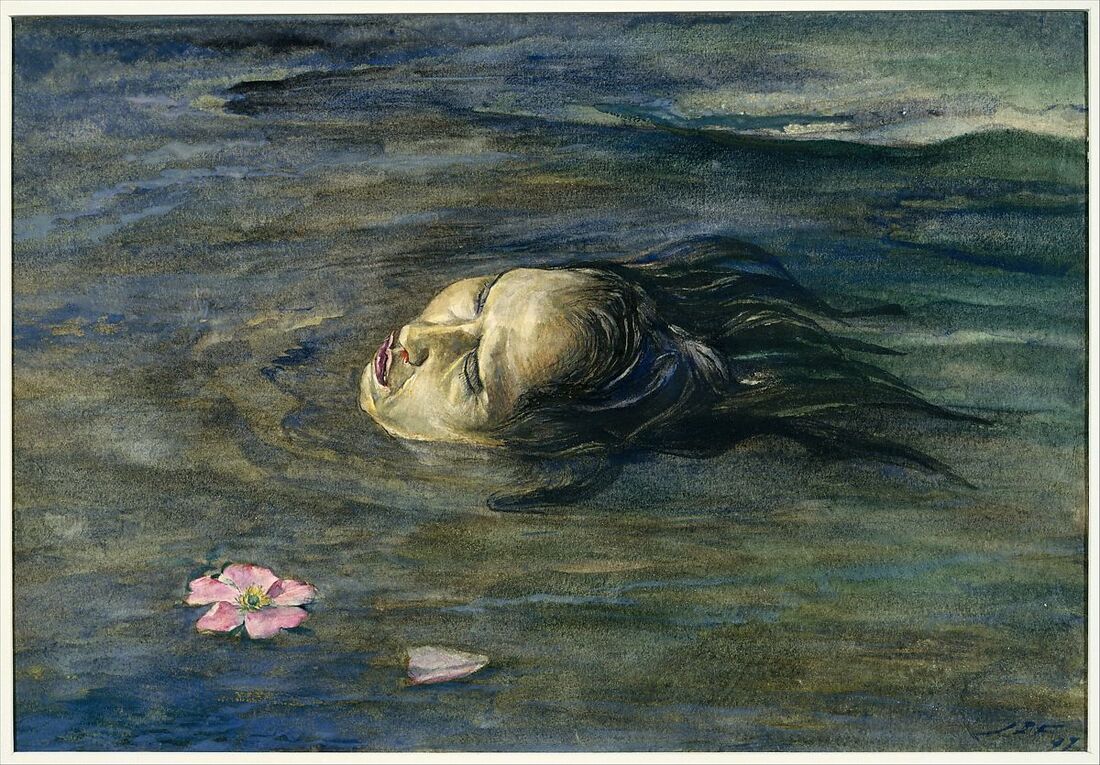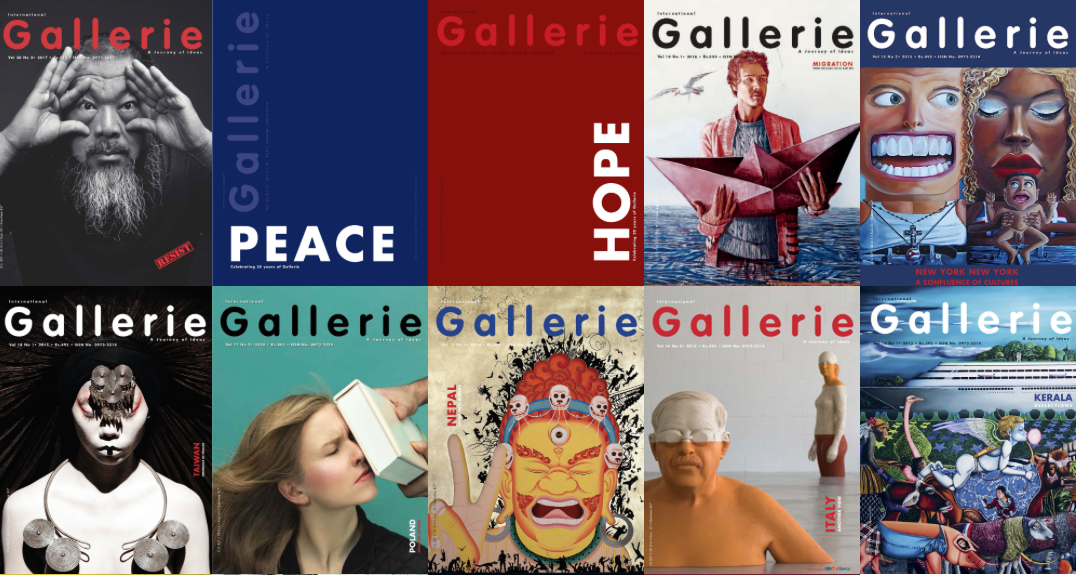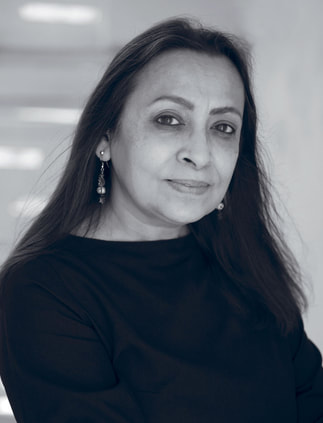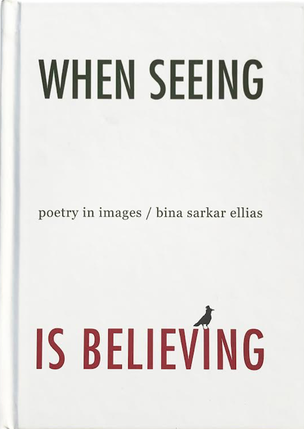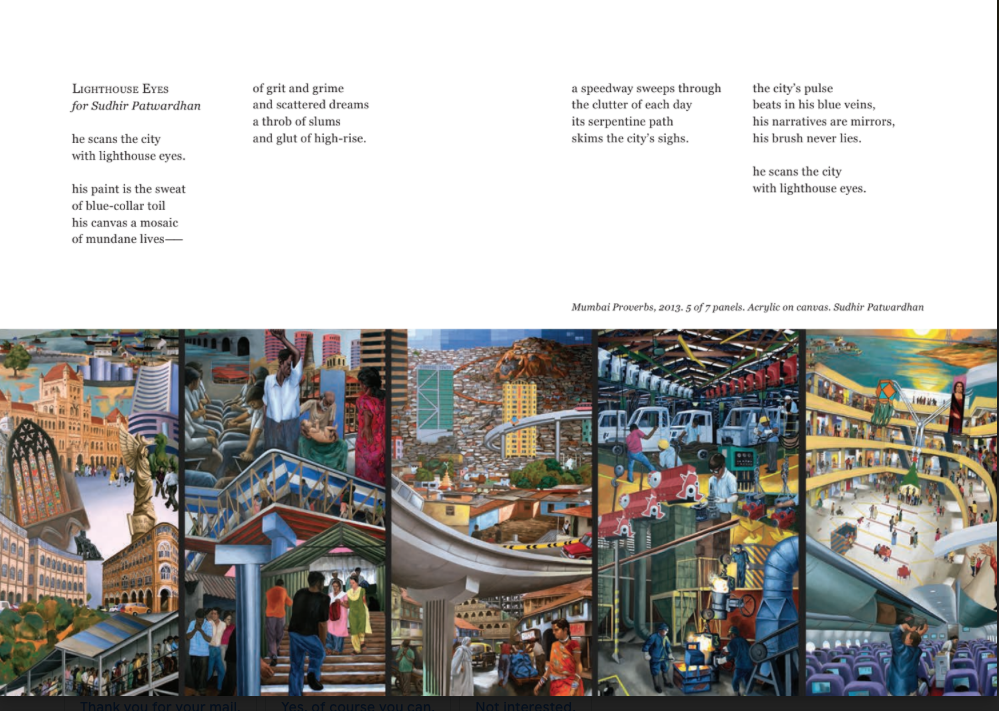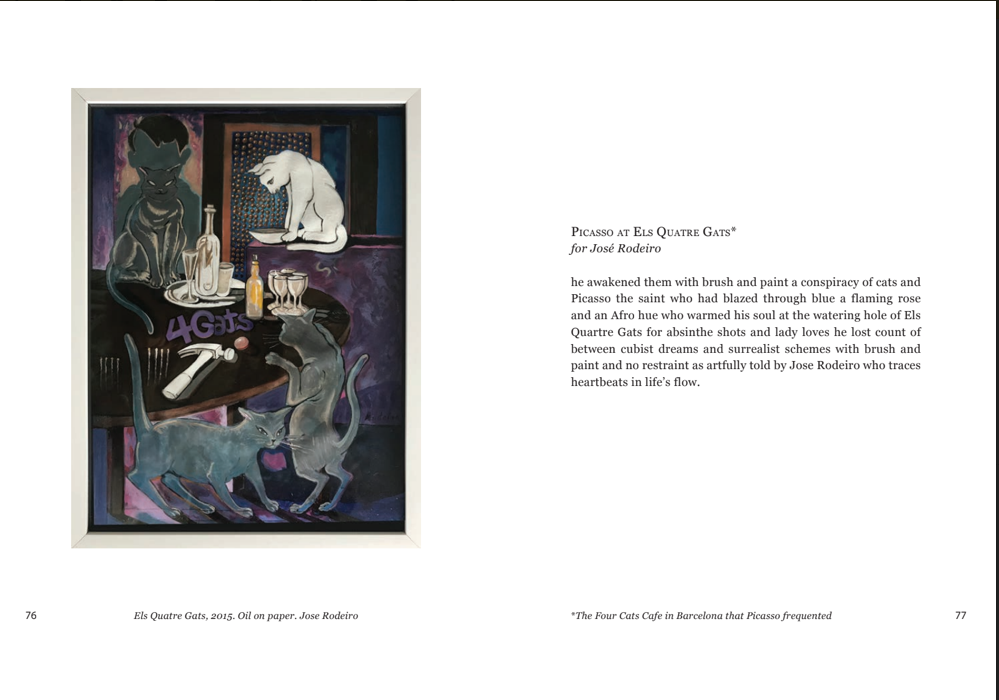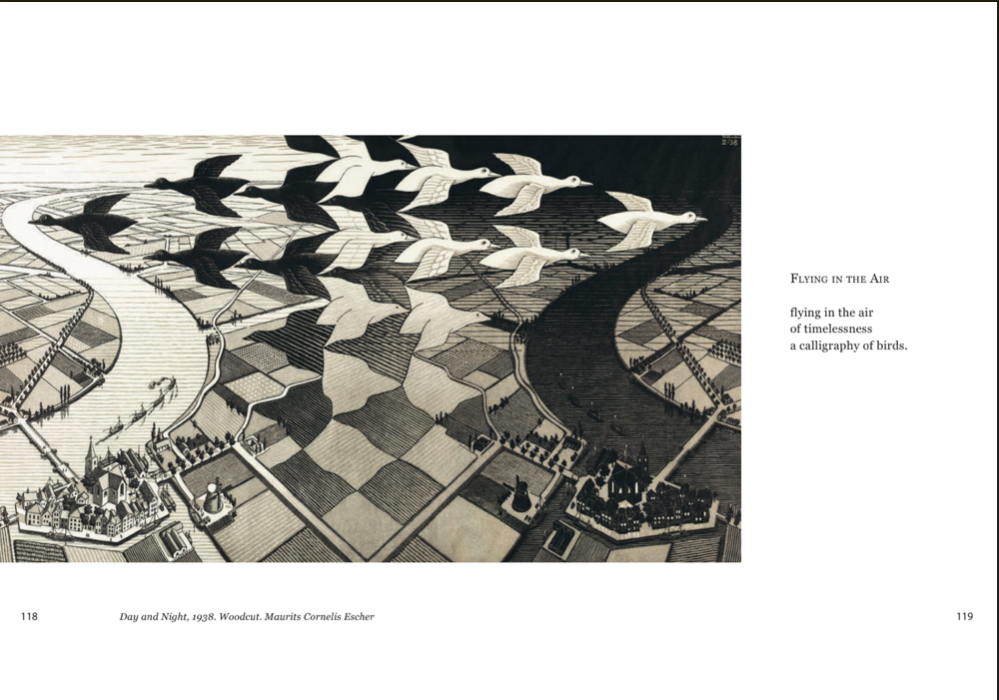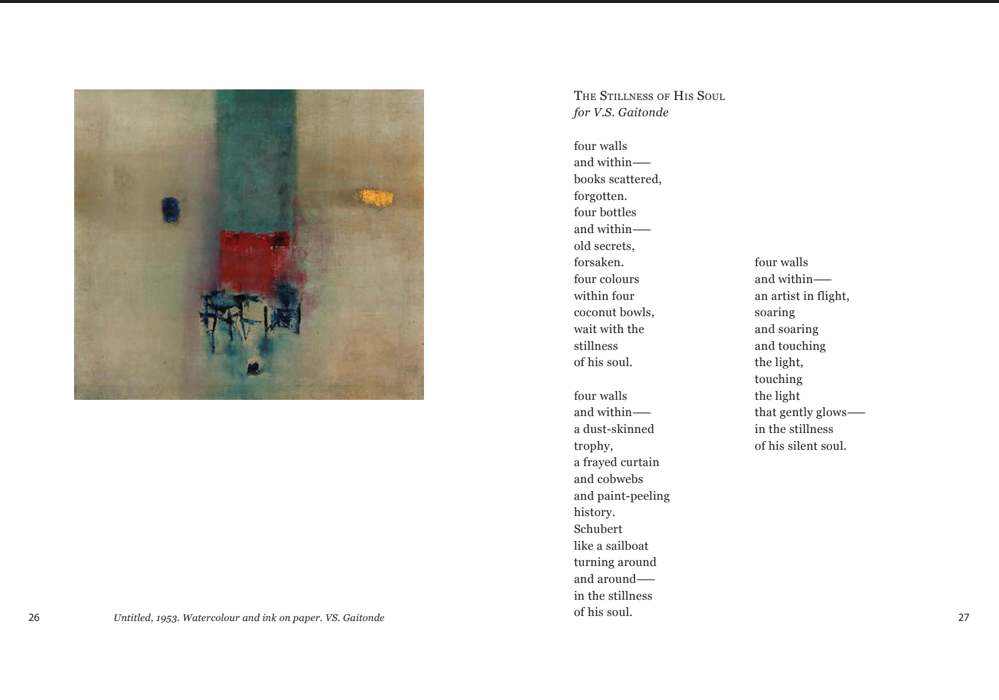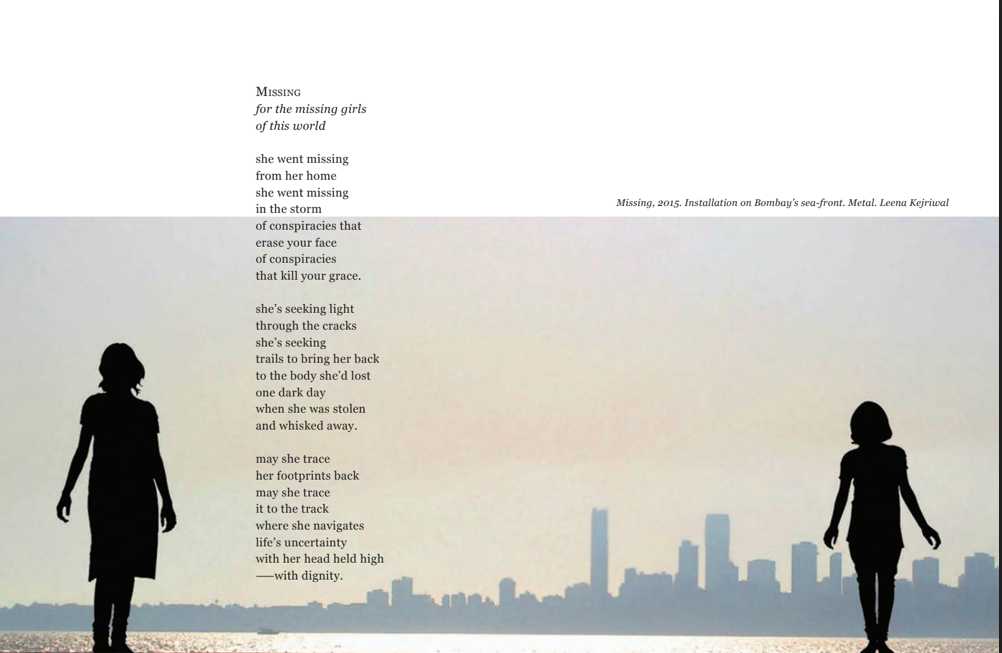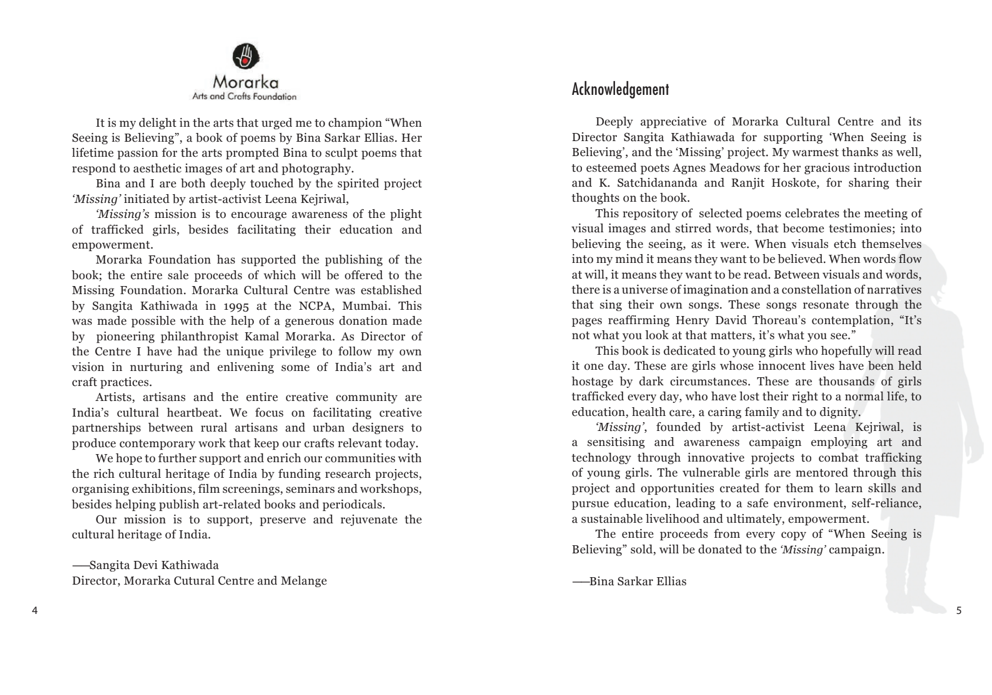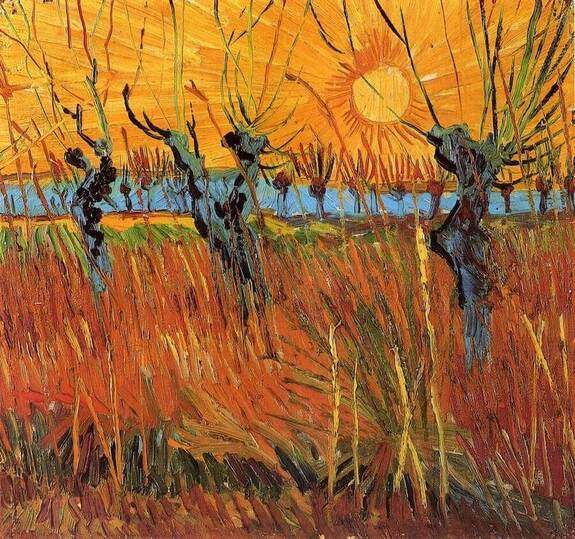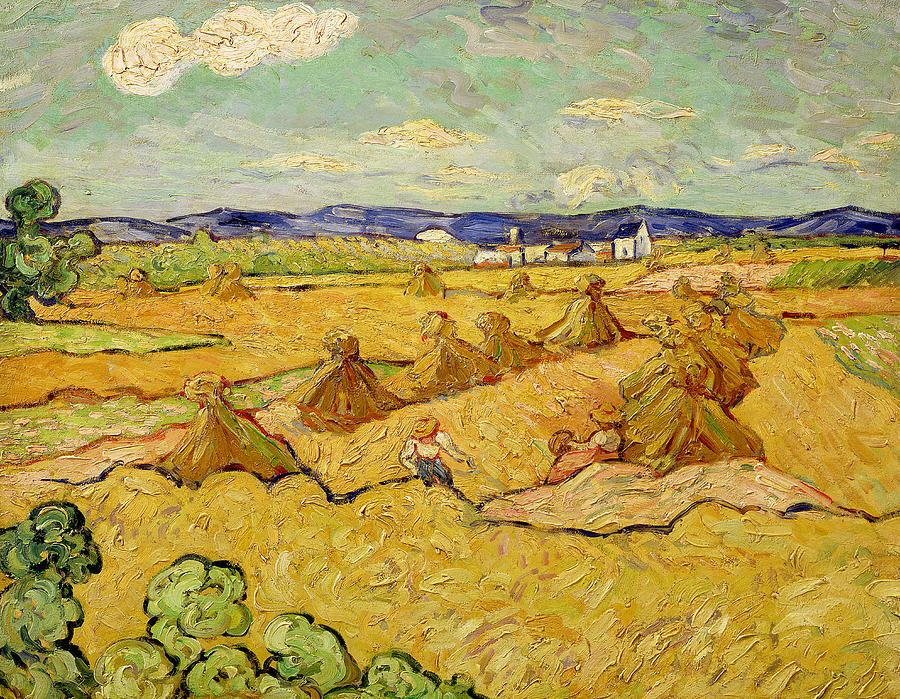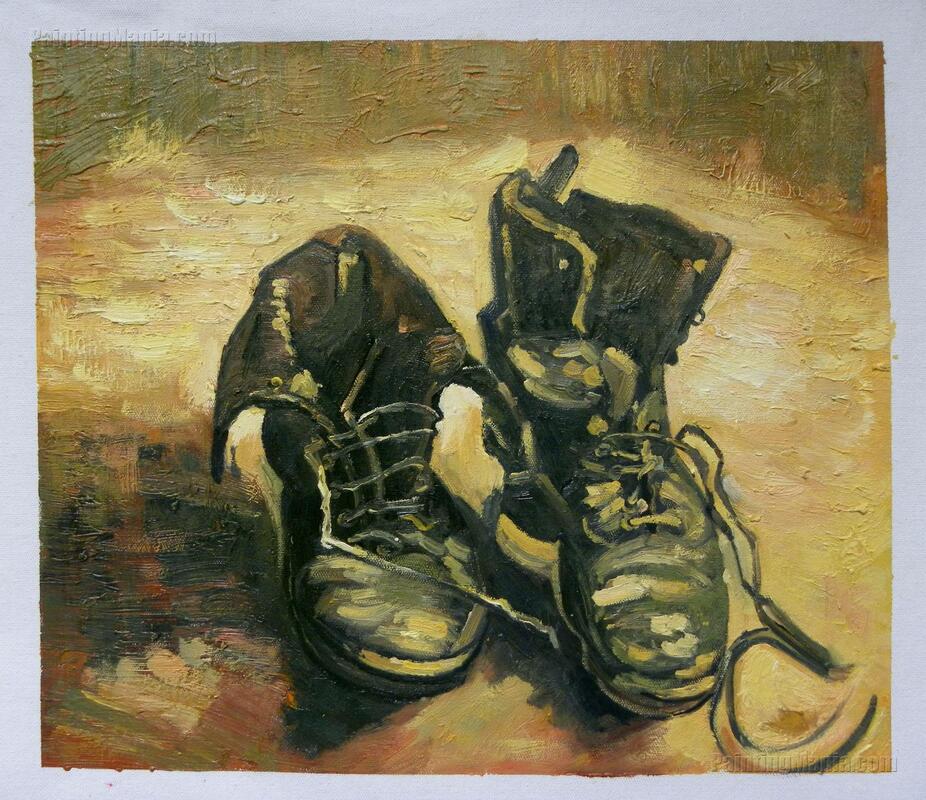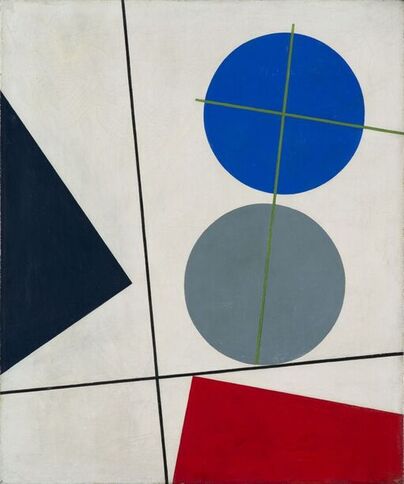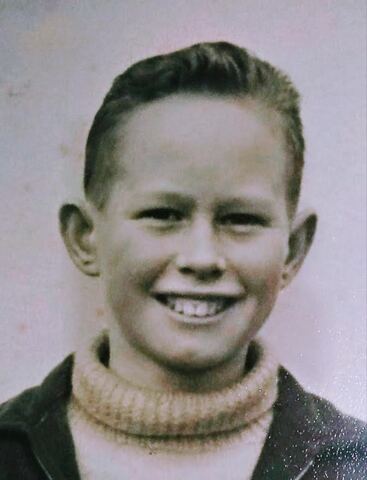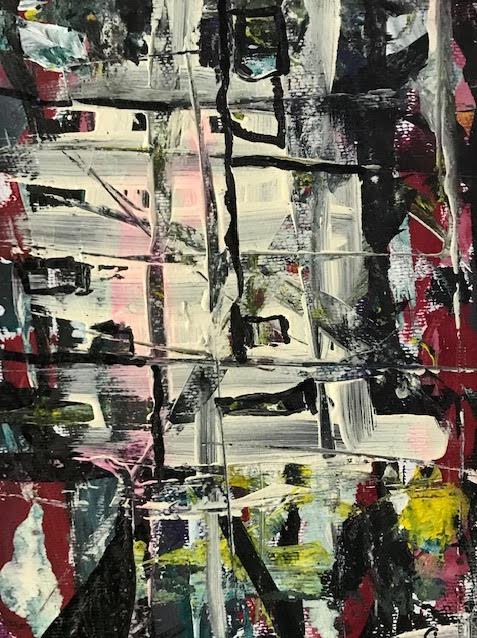|
When Death is Not Enough Raving, raging, mad man, killer on the loose. How will it all end? Look. One by one the Trojans are falling. By gods, he’s missed the roar of war. Nothing beats the heat of twisting, turning knives in battle, spreading Trojan dead across the plain, all joy in life stubbed out between his hands, beneath his feet and so it was with Hector. The golden scales of Zeus have set his fate. The Trojan prince is wearing his mistake, for no one knows an armour like its owner, and Achilles sees a space to aim, deep within the neck, where Hector’s flesh opens in a smile. He hits the dust, ash borne spear jutting from his throat, vibrating like a harp string, to and fro, ever s l o w e r s l o w e r ‘till it stops. The prince is dead. Red, red, helmet red. Breastplate spattered. Arms. Legs. Badged with Hector’s blood, death is not enough. Achilles cannot stop. Rage unfettered, grief unbound, he strips the body, stabs its heels, threading thongs through jagged weals, ties them to his chariot and he’s off, bouncing bloodied Hector in the sandy ruts behind. Once, twice, thrice around the walls of Troy where queen and daughters weep, and the king takes to his bed. At night, Apollo slips inside the palisade, where Hector lies alone, a mesh of flesh and bone, heaped into a corner. Breathing godly love, he heals the body, revealing all its beauty, wipes it clean. At dawn Achilles rages at the pale white skin. Driving in his sword, he carves the name Α χ ι λ λ ε υ ς across Prince Hector’s chest. As if the Trojans could forget! Then harnessing his horses, he is off. Three, four, five times and more, dragging Hector’s body round the city walls. Say it again. How will it end? Sue Watling Sue Watling is a poet and writer living north of the River Humber in the UK, where she has an allotment and keeps bees. Sue has had work accepted by The Adriatic, Seaborne Magazine, Tide Rises, Amethyst Review, DawnTreader, Saravasti, Spelt Magazine Advent Calendar, Green Ink Poetry, ASP Literary Journal, Dream Catcher, the High Wolds Poetry Festival and There Is No Planet B, Stafford Green Arts Festival Poetry Anthology, while also contributing to the Women of Words and Away with Words open mic events.
1 Comment
April is National Poetry Month. Celebrate by trying your hand at a new ekphrastic poetry exercise every day. These are not specific painting prompts, but projects, ideas, and exercises to inspire you to a variety of ekphrastic poetry. There's one for every day of the month, plus a bonus, so you can use the book during any month. You can also simply choose the exercises that interest you the most, or try them on a different schedule. Your ebook purchases have helped us pay cash prizes for contests, cover web expenses, and support the time investment, maintenance and promotion of The Ekphrastic Review. We can't thank you enough. Lot's Wife after Lot's Wife, triptych by Helen Frankenthaler My father was dying and the tears that fell belonged to him. Parts of me have already been taken underground and eaten and made manifest in the next generation. A life is not about looking back but convincing yourself you’ll never have the need to. I want to call out to Helen Frankenthaler. I want to call her by her first name, as I often had to with my father. I want to pretend the things that aren’t true are. I want to call ahead to her, even if it means into the void of our deaths, and ask her to turn around, though of course it is not only the artist’s duty to see. I hated my father when he died because he did it without ever seeing I was the one sitting beside him at the end, going to salt as I looked back on both of our lives. We are all of us sinners fleeing the cities of our left-behinds. We called each other names for years and survived by never turning back. The last word is nothing but the moving forward. Brendan Todt Brendan Todt is the author of the poetry chapbook The Idea of Leaves within the Dying Tree. His poem "At the Particle Accelerator at Krasnoyarsk" was included in Best American Non-Required Reading 2013. His fiction and poetry can be found elsewhere in print and online. He lives in Sioux City, Iowa and teaches at Morningside College. The Lantern in the Sky A flash of white across blue, the moon is a night sky ghost walking across the sea. Even dreaming fish wake up to the streaming light. The tides know it’s power. Wolves howl in devoted chorus to its shape. Tall tales are spun and woven by moonlight. The ebb and flow of each month is kissed by the glowing curve of a waning and waxing sphere. The sky holds a lantern for us. Cristina M. R. Norcross Cristina M. R. Norcross lives in Wisconsin, is the author of 8 poetry collections and was the editor of Blue Heron Review (2013-2020). Her latest book is Beauty in the Broken Places (Kelsay Books, 2019). Cristina’s poems have been published, or are forthcoming, in: Visual Verse, Your Daily Poem, Right Hand Pointing, Verse-Virtual, The Ekphrastic Review, and Pirene’s Fountain, among others. Her work also appears in numerous print anthologies. She has helped organize community art and poetry projects, has led workshops, and has also hosted many open mic poetry readings. Cristina is the co-founder of Random Acts of Poetry and Art Day. Find out more: www.cristinanorcross.com Lost Rivers Everything feels wrong. Heavy. These hands do not feel like her hands. Where did the lines on her skin come from, these rivers that separate who she was from who she is? Once, she was a river running freely to the sea. Now, her feet ache from standing still in hospital rooms. Kicking off her slippers, she walks to the bathroom and kneels beside the bathtub. She twists the faucet and runs the water until it is so hot that it steams the glass of the window. She has always associated water with clarity. When she was young, she and her grandmother would walk to the bath house on Saturday mornings, take off their starchy clothes, and sink deep into the spring water. She sat still as her grandmother scrubbed her back with soap and kneaded the muscles of her shoulder blades. This ritual soothed her mind and cleansed her soul. Over time, those quiet moments have become harder and harder to find, but she needs them now more than ever. She removes her nurse’s uniform and lays the pieces on the floor one at a time. Slowly, she lowers herself into the water. It covers her knees, then her thighs, then she is submerged to her chin. She takes the first deep breath that she’s been able to savor in months. Here, there are no late-night phone calls, no ambulance sirens, no ringing of heart monitors. Exhaling, she taps a few grains of bath salts out of a vial her mother sent her. The cypress scent of her childhood fills the room. She can almost imagine her baa-baa sitting beside her, tracing the lost rivers along her spine. The water soothes the soreness in her calves and eases the tension in her wrists. She sinks deeper into the bath, until her hair fans out behind her. Gradually, she relaxes into the unraveling. Jamie Brian Jamie Brian is a pilot and freelance writer living in Pennsylvania. Her work has appeared in The Poeming Pigeon, Ephemeral Elegies, and Auroras and Blossoms Poetry Journal. Bina Sarker Ellias is a widely renowned writer, poet, cultural practitioner, curator, and publisher in Mumbai, India. A journalism veteran for over forty years, she has also spoken widely in forums around the world on matters of art and literature. She is the founder and publisher of International Gallerie, a glossy annual journal of the visual arts around the world. In her spare time, she writes ekphrastic poetry. The Ekphrastic Review caught up with Bina virtually to talk shop. What are the roots of your passion for global visual art? Why did you start an international art magazine from India? Art is a universal concept. Even as I am from India, my interest and curiosity is not limited within national boundaries. While we have a rich and vibrant history of Indian Art, and continue to nurture it, for me, understanding and appreciation of diverse genres and ouvre is critical in my personal vision of seeking unity in diversity. What are some of the joys and challenges you have faced as a woman in the arts? Not an artist, nor an “official” art historian, as a cultural practitioner, I have only experienced joy and fulfilment in my work as a poet, writer, art curator and as editor-designer-publisher of International Gallerie, the global arts and ideas journal I founded in 1997. In a gender sense… I‘ve not experienced any challenges in the arts; perhaps because I mapped my own journey. There are gatekeepers everywhere, but when you have belief in your work, the work finds its own path. How were you first exposed to ekphrastic writing? How did you get started writing poetry about art? Tell us about your journey as an ekphrastic writer. I’ve been writing poetry and have been interested in the arts since a very early age… when scribbles in word and form were part of my growing. Much of my poetry engages with life around me and abstract thoughts of a larger universe. Art in the form of visual arts, photography, theatre, music, dance… fascinate me. I’m always in wonder about aesthetics or the power of their diverse languages. Since art is so entwined with my life, it’s an organic response in the form of poetry... as it’s in poetry that I can express myself in condensed thoughts. I write a lot of Haiku as well. I believe less is more. We get many submissions from writers in India, and there seems to be a large ekphrastic community or movement there. Is this perception correct? Tell us about ekphrasis in India, or in Mumbai where you live. That is indeed, interesting. Honestly, I was not aware of an ekphrastic community in India! How do you choose the artworks that you write about? What is your process like? It’s a natural, spontaneous response. If a work lures me, the words follow like happy slaves! Tell us about the idea behind When Seeing Is Believing. The art you’ve responded to is so diverse. Is there a common thread weaving the collection together? What were you hoping to show your readers? The book, When Seeing Is Believing is a compilation of many writings that were stored in my poetry closet. Its diversity is because there was no common theme. These were works I’d responded to, over years. However, the idea of compiling it into a book happened as I wanted to support a friend, Leena Kejriwal, who works for the empowerment of young girls rescued from trafficking. The project is titled “MISSING” and she creates awareness of their situation to the world at large. Besides the awareness, it also helps in sourcing funding for the rescued girls to be educated, taught skills and financial independence so they do not succumb to prostitution. Leena, being a photographer and artists as well, created a symbolic patent for MISSING… a silhouette of a young woman which has been used as graffiti all over. While I wrote a poem on this silhouette, I thought I could help the project with compiling an ekphrastic book, sales from which would be donated to the MISSING project. An organisation called the Morarka Foundation supported the production of the book and we had hefty sales that were donated to the cause. You have worked as an editor on many arts books. Are any of them ekphrastic projects? Do you have other collections of ekphrastic poetry? No, while I’ve edited and designed several art books, they were not ekphrastic projects. I do not have other collections yet, of ekphrastic poetry, consumed as I am by multi-tasking… my journal International Gallerie, a book on Indian art that I’m working on, curatorial projects… and short fiction besides poetry happens in the punctuations. A semi-ekphrastic book with Haiku might just emerge if I can challenge myself! Is there anything else you would like to share about ekphrastic literature? It’s a precious genre. A sum of aesthetic sensibility. Seeing is believing! Selections from Seeing Is Believing
For Theo My mind is grazing again. Thoughts chafe at memory like stubble, I feel the prickle of rash on flesh but cannot pluck it to hand. Today, that very same hand created chaos on canvas, brushstrokes wild like cheetahs chasing a frenzy of stripes, colliding with golden orb. Its light rolls in exile toward a watery demise, a flutter of lashes and she will give rise to the moon and a sleepless night. Apologies, I am in need, barely scraping through days with stumps for limbs truncated as the willows here, tongues rasping for spring, her gentle breath soothing bruises on bark. But I am a sea of wheat, threshed before time like an unfinished sketch. A Circular Existence Dearest Theo, I came for healing, to lift the shuttered blind from my frantic eyes but find it was never there! Golden waves bathe Auvers, a landscape sheaved in wheat waiting for the scythe, such a circular existence. But Theo, I am obsessed with capturing that swirl, the bare-backed ripple of muscle riding air as light-waves, liquid as thought, hug a sun-blanched soil. How can canvas and brush deliver such resistance? At noon, petticoat clouds flirt with turquoise skies, breakers caught by tide pull me in, compliant. A solitary reaper, so distant, bequeaths a freedom to the condemned, chafed ears rubbed in dust. Magnets in Soles How many pairs have I squandered since I stumbled across these boots among Amsterdam’s finest oils? Magnets in soles, I am drawn back to leather-beaten uppers, laces tangled as the artist’s mind. I run my virtual fingers across the rut-crusted landscape, sense the tramp and churn of toil, a harrow dragging a grumble of roots from claggy soil to splintered light, little spud-eyes lifted clear of earth. I hear the sigh of workers’ breath, their stories, wrapped in sepia-tones tumbling from frames in a heap. They tell of knuckles, cracked on flint, prising blistered feet from welt, a whisper of footfall trodden in dirt. Kate Young Kate Young lives in Kent, England and has been passionate about poetry since childhood. Over the last few years, she has had success with poems published in webzines in Britain and internationally. She generally writes free verse and loves responding to art through ekphrastic poems. If pushed, she would name TS Eliot as her favourite poet. Her poems have appeared in Ninemuses, Ekphrastic Review, Nitrogen House, Words for the Wild, Poetry on the Lake and a Scottish Writers Centre chapbook. Her work has also featured in the anthologies Places of Poetry and Write Out Loud. The pamphlet Liberte, Egalite, Fraternite was published by Hedgehog Press in 2020 and her poems feature alongside two other poets. Find her on Twitter @Kateyoung12poet. Throwback Thursday : favourite 10 poems of Alun Robert out of hundreds featured in The Ekphrastic Review Youth, by Rosalind Adam In just three sharply crafted tercets, this poem provides a stark warning to depart Czechoslovakia before Nazi intrusion. https://www.ekphrastic.net/ekphrastic-journal/youth-by-rosalind-adam ** The Great Wave Off Kanagawa, by Lizzie Ballagher Rhythm and majesty of the great wave are embodied in every stanza of this great poem. https://www.ekphrastic.net/ekphrastic-journal/the-great-wave-off-kanagawa-by-lizzie-ballagher ** James Turrell Has Seen the Light, by Kathy Gibbons Lovely interpretation in this poem of crepuscular illusions at twilight. https://www.ekphrastic.net/ekphrastic-journal/james-turrell-has-seen-the-light-by-kathy-gibbons ** Unmade Bed, by Kyle Laws Marvellous texture and depth of shadow in the sheets are carried effortlessly through this poem. https://www.ekphrastic.net/ekphrastic-journal/unmade-bed-by-kyle-laws ** The Keepers, by Miriam O’Neal Imagination in this poem runs riot complimenting the bleakness of rural Ireland. https://www.ekphrastic.net/ekphrastic-journal/the-keepers-by-miriam-oneal ** Listen To My Words, by Stephen Poole Beautifully delivered poem encapsulating a delicate balance in Mother’s tender voice while remaining a protective parent. https://www.ekphrastic.net/ekphrastic-journal/ekphrastic-writing-responses-berthe-morisot ** Out Of Questions, by Kerfe Roig This abstract poem seems to spar with the painting by proffering unanswerable questions. https://www.ekphrastic.net/ekphrastic-journal/ekphrastic-writing-challenge-responses-joan-miro ** Kharites Lost, by Zac Thraves Elegance, mirth and beauty of the marble statue are encompassed in this evocative poem. https://www.ekphrastic.net/ekphrastic-journal/kharites-lost-by-zac-thraves ** Painted by a Drunk in Gumboots, by Mercedes Webb-Pullman Insightful poem packed full of instruction on how to appreciate the depths of the painting, or does it? https://www.ekphrastic.net/ekphrastic-journal/painted-by-a-drunk-in-gumboots-by-mercedes-webb-pullman ** Knife Angel, by Kate Young Just like the 100,000 confiscated knife statue, this salutary poem pays solemn tribute to those injured or killed in escalating knife crime. https://www.ekphrastic.net/ekphrastic-journal/knife-angel-by-kate-young This week's Throwback Thursday was a selection by Alun Robert. Alun Robert is a prolific creator of lyrical free verse. He has achieved success in poetry competitions across the British Isles and North America. His work has been published by many literary magazines, anthologies and webzines in the UK, Ireland, Italy, South Africa, Kenya, USA and Canada. Since 2018, he has been part of The Ekphrastic Review community particularly enjoying the fortnightly challenges. He is a member of the UK Poetry Society, Mid-Kent Stanza, Rye Harbour Nature Reserve Poetry Group and the Federation of Writers Scotland for whom he was a Featured Writer in 2019. ** Call for Throwback Thursday selections! Be a guest editor for a Throwback Thursday? Pick around 10 favourite or random posts from the archives of The Ekphrastic Review. Use the format you see above: title, name of author, a sentence or two about your choice, and the link. Include a bio and if you wish, a note to readers about the Review, your relationship to the journal, ekphrastic writing in general, or any other relevant subject. Put THROWBACK THURSDAYS in the subject line and send to [email protected]. Along with your picks, send a vintage photo of yourself, too! Immigrant Churches In Hartford they’re rearranging the big churches immigrants built. No one attends church anymore. The mouth is where a biblical God and our dead live. When strangers name my places in the South End like Franklin Avenue, Frog Hollow, Charter Oak Terrace, and Hillside Avenue, I remember the church, St. Lawrence O’Toole, where I kissed the dried skin of a dead Pope in a glass locket held by a nun. Which of all my actions have been sacred acts? We want to cleanse intentions with simple rites. We believe conceptions can be immaculate. But when I listen, God brings my words to ruin. I lose courage in sentence, prayer and holy water. Garrett Phelan Garrett Phelan is the author of the poetry collection Outlaw Odes (Antrim House Books) and micro-chapbooks Unfixed Marks and Standing where I am ((Origami Poem Project). His poems have appeared in a variety of publications including Potomac Review, Connecticut River Review, Word Riot, Ekphrastic Review, Off the Coast, decomP, Unbroken Journal, and Leaping Clear. He is a Pushcart Prize nominee. |
The Ekphrastic Review
COOKIES/PRIVACY
This site uses cookies to deliver your best navigation experience this time and next. Continuing here means you consent to cookies. Thank you. Join us on Facebook:
July 2024
|
